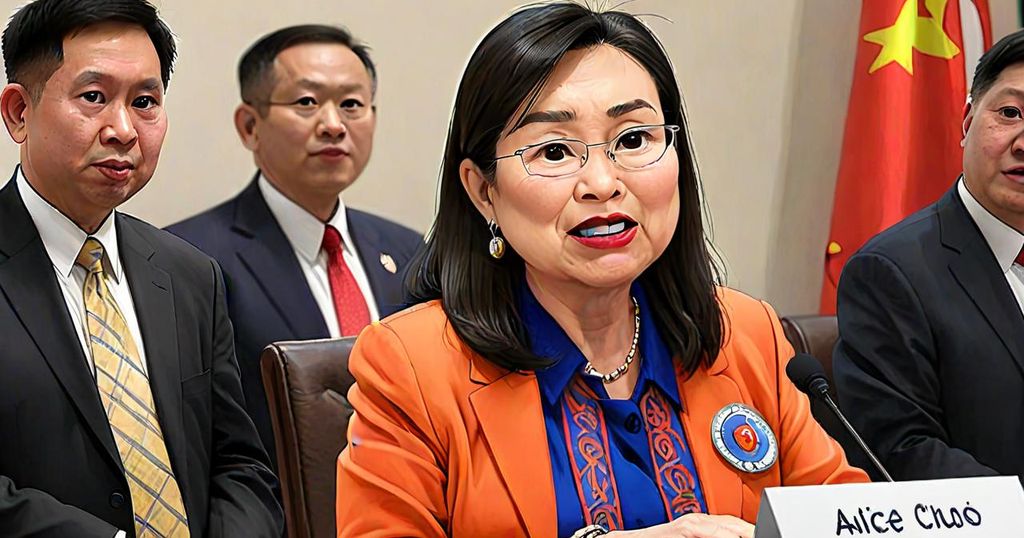The recent Senate Inquiry into the background of Mayor Alice Leal Guo of Bamban, Tarlac has brought her ambiguous background and controversial ties to the forefront of public discourse. The suspended mayor’s testimony, wherein she described her childhood as growing up on a farm, has left many questioning the circumstances of her Philippine citizenship and her family lineage.
Beyond the intricacies of Alice Guo’s personal history, her case sheds light on the complexities of the Chinese-Filipino identity in Philippine society, especially within the realm of politics. Unlike many Chinese Filipinos who enter politics, only to have their Chineseness subdued, Guo’s ethnicity has remained a focal point of public scrutiny. Her situation has been further complicated by allegations of ties to Philippine Offshore Gaming Operators (POGOs), uncertainty surrounding her citizenship, and even speculation of espionage on behalf of the Chinese government.
This spotlight on Guo has ignited nationalist sentiments and ethnic politics within Filipino society, creating an environment of distrust towards individuals of Chinese descent. This suspicion has placed Chinese Filipinos in the difficult position of having to assert their loyalty and allegiance to the Philippines, often facing unwarranted scrutiny.
It’s important to note that while Alice Guo’s case is unprecedented, Chinese Filipinos have historically held various prominent political positions in the country. Despite this, their Chineseness is usually downplayed once they enter the political arena, a departure from Guo’s experience.
The involvement of POGOs in Guo’s story further complicates the matter, as it brings to light the issues surrounding these offshore gaming entities and their impact on the Philippines. President Rodrigo Duterte’s policies have led to the legitimization of POGOs, attracting an influx of Chinese nationals into the country and giving rise to various social, economic, and political implications.
Guo’s alleged association with POGOs and individuals accused of money laundering has raised concerns about the integrity of the Philippine regulatory systems and the due diligence of the agencies involved. These allegations have also perpetuated the already tense relationship between the Philippines and China, further complicating the dynamics of Chinese-Filipino identity in the country.
Moving forward, it is essential to disentangle the interconnected issues surrounding POGOs, China, and the Chinese population in the Philippines, while also addressing the prejudices and discrimination faced by Chinese Filipinos. By recognizing the distinct interests, preferences, and allegiances of these entities, separate from one another, the Philippine state can work towards fostering an environment of inclusivity and understanding.
In conclusion, the narrative of Mayor Alice Guo offers a nuanced perspective on the complexities of Chinese-Filipino identity in the Philippines. By critically examining this case, we can gain a deeper understanding of the broader issues at play, and work towards building a more inclusive and respectful society for all.

Leave a Reply